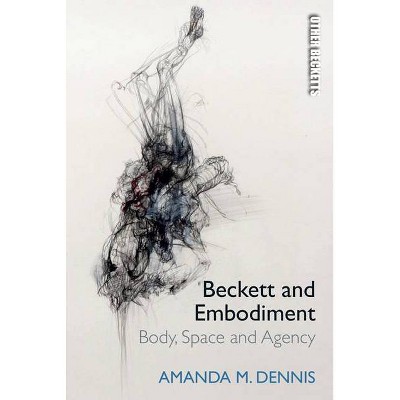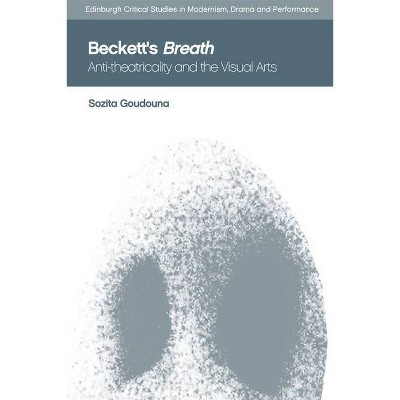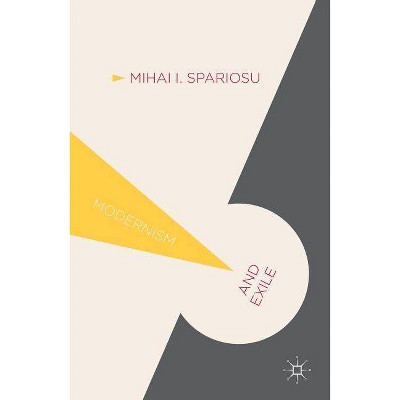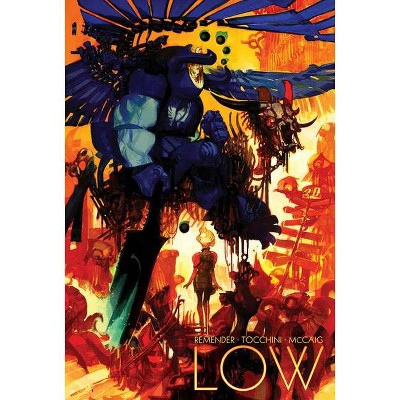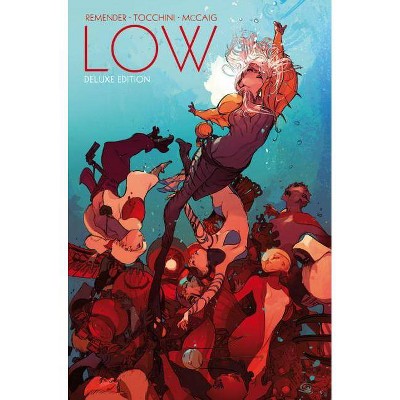Eliot and Beckett's Low Modernism - (Other Becketts) by Rick de Villiers (Hardcover)
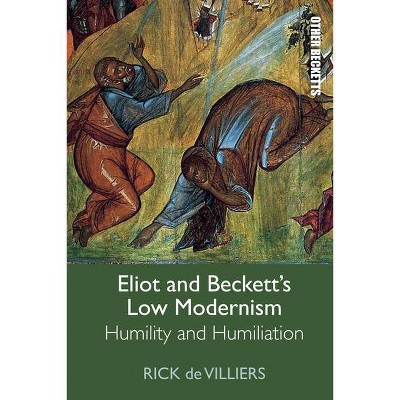
Similar Products
Products of same category from the store
AllProduct info
<p/><br></br><p><b> About the Book </b></p></br></br><p>Explores the relation between humility and humiliation in the works of T. S. Eliot and Samuel Beckett.</p><p/><br></br><p><b> Book Synopsis </b></p></br></br><p>Humility and humiliation have an awkward, often unacknowledged intimacy. Humility may be a queenly, cardinal or monkish virtue, while humiliation points to an affective state at the extreme end of shame. Yet a shared etymology links the words to lowliness and, further down, to the earth. As this study suggests, like the terms in question, T. S. Eliot and Samuel Beckett share an imperfect likeness. Between them is a common interest in states of abjection, shame and suffering - and possible responses to such states. Tracing the relation between negative affect, ethics, and aesthetics, <em>Eliot and Beckett's Low Modernism</em> demonstrates how these two major modernists recuperate the affinity between humility and humiliation - concepts whose definitions have largely been determined by philosophy and theology.</p><p/><br></br><p><b> About the Author </b></p></br></br><p>Rick de Villiers is a Lecturer in English at the University of the Free State, Bloemfontein, South Africa. He has published articles in <i>Literature and Theology</i>, <i>Journal of Modern Literature</i>, <i>Journal of Literary Studies</i>, <i>English Academy Review</i> and <i>English Studies in Africa</i>.<p>
Price History
Price Archive shows prices from various stores, lets you see history and find the cheapest. There is no actual sale on the website. For all support, inquiry and suggestion messagescommunication@pricearchive.us
